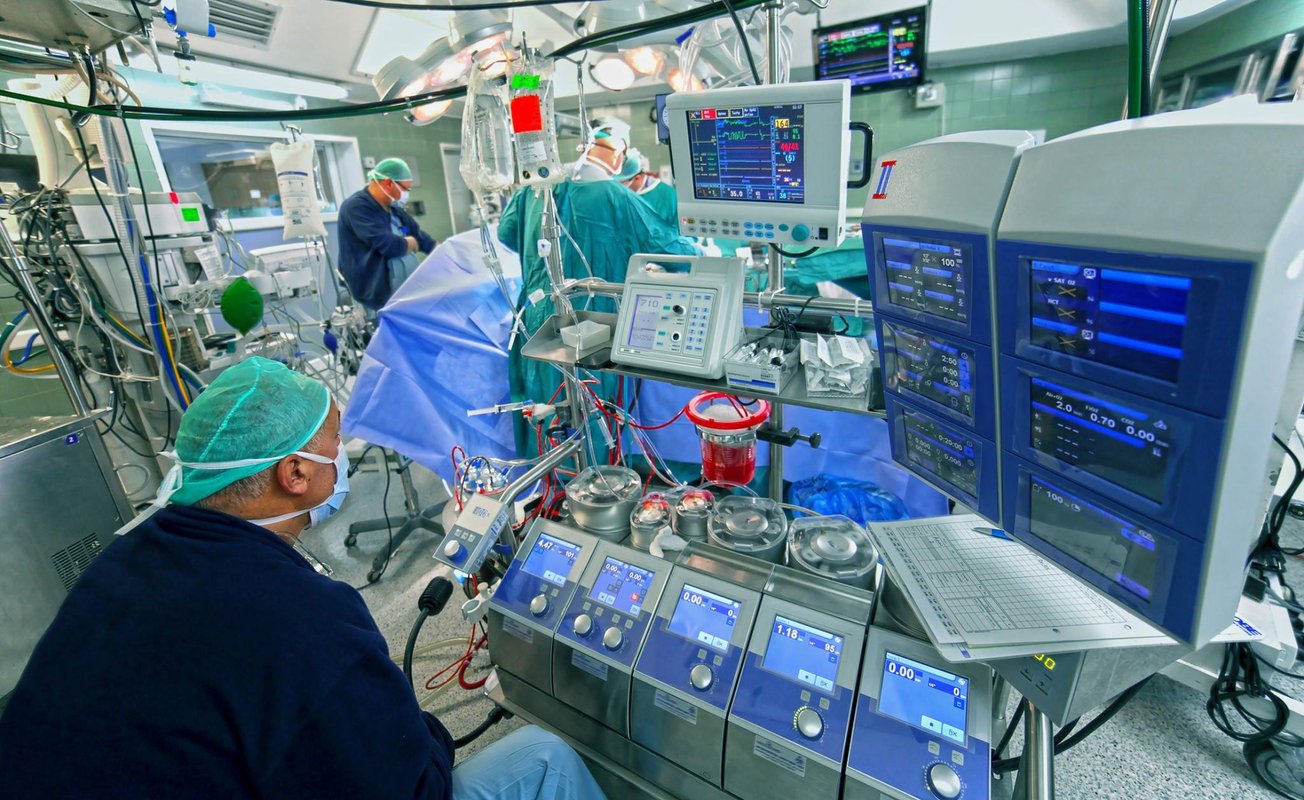
Financial aid (may be available)

Financial aid (may be available)

Financial aid (may be available)

$173 to start
$2,200 total
$309 total
$276 total
$285 total
$296 total
No cost info
No cost info
$607 total
No cost info
$1,599 total
No cost info
If you're looking for Advanced Cardiac Life Support (ACLS) classes in Boston, this guide will walk you from what ACLS is, the training requirements, what to expect in class, how certification works, and what career opportunities follow. Whether you’re a healthcare professional seeking certification or aiming to advance your clinical skills, this is your complete overview.

Advanced Cardiac Life Support (ACLS) is a structured program that teaches healthcare professionals how to manage severe cardiovascular emergencies such as cardiac arrest, stroke, and arrhythmias.
It combines advanced medical knowledge with hands-on training in life-saving procedures and is designed for those who lead or assist in resuscitation efforts, including:
The training aligns with AHA guidelines, ensuring standardized, evidence-based care across emergency and intensive care settings.
Before joining an ACLS class, you’ll need to meet these prerequisites:
Some training centers may also require proof of prior healthcare experience or current licensure.
When choosing an ACLS class in Boston, focus on these important factors:
A typical ACLS course spans 12–16 hours over two days. Classes combine theory with hands-on exercises to prepare you for real-world emergencies.
By the end of the course, participants will have practiced multiple resuscitation scenarios under instructor supervision.
Earning your ACLS certification involves three steps:
After two years, you’ll need to take a renewal or recertification course to stay compliant with current standards.
Once ACLS certified, you can qualify for various positions in emergency and critical care. Common roles include:
After earning your ACLS certification, you can continue building your credentials through additional certifications such as:
These certifications can enhance your clinical expertise and expand your employment opportunities in specialized medical fields.
ACLS training is crucial because it equips healthcare professionals with the skills to handle severe medical emergencies. It's not just about knowing what to do, but also about being able to take action swiftly and effectively.
Simulation-based learning is at the core of ACLS training. It allows students to practice:
These high-fidelity exercises mimic real emergency conditions, helping students build muscle memory and confidence.
Your ACLS certification remains valid for two years. Renewal courses are essential to:
Most refreshers can be completed in 6–8 hours and are designed for previously certified providers.
While both ACLS and Basic Life Support (BLS) are life-saving certifications, they differ in their scope. BLS focuses on basic patient care skills, while ACLS covers advanced skills required to handle severe emergencies.
Earning your ACLS certification in Boston is an important step toward advancing your healthcare career. The training enhances both your clinical expertise and confidence in managing emergencies. Whether you’re an RN, EMT, or paramedic, ACLS provides the advanced competencies employers value.
Dreambound is your go-to for city-specific guides if you're starting in this field. And if you're in another location or considering a change, we've written several others as well.
Considering a change in your career? We've gathered some perspectives to help you in your journey. You can explore several of these:
Dreambound's platform allows prospective students to find the right educational program for them through searching, filtering, and connecting with our extensive selection of career & technical education partners.
Dreambound has over 70 programs across healthcare, technology, business, and industrial trades. This includes programs such as Medical Billing, Cybersecurity, and welding.
Some of our schools offer financial aid for those who qualify. Many others offer payment plans, where you can pay the cost of class over time.
Yes, Dreambound offers many online programs. On Dreambound's search, you can filter by online, in-person, and hybrid (part online, part in-person).
Dreambound is completely free for you to use! We are supported by schools and organizations who pay to advertise on our website, so we can offer all of our career resources for free.